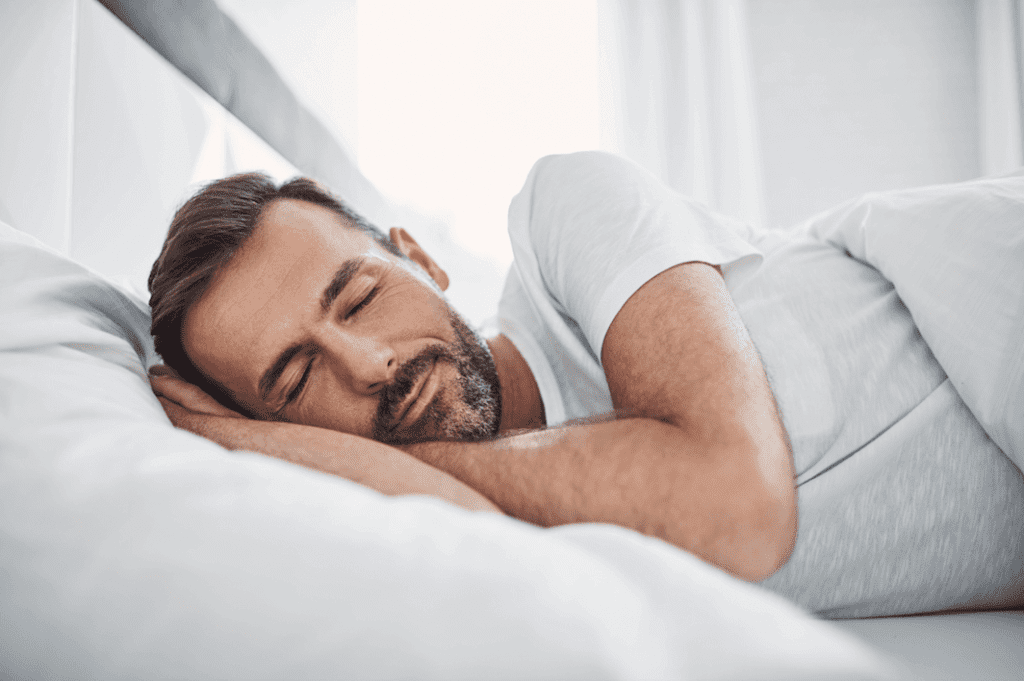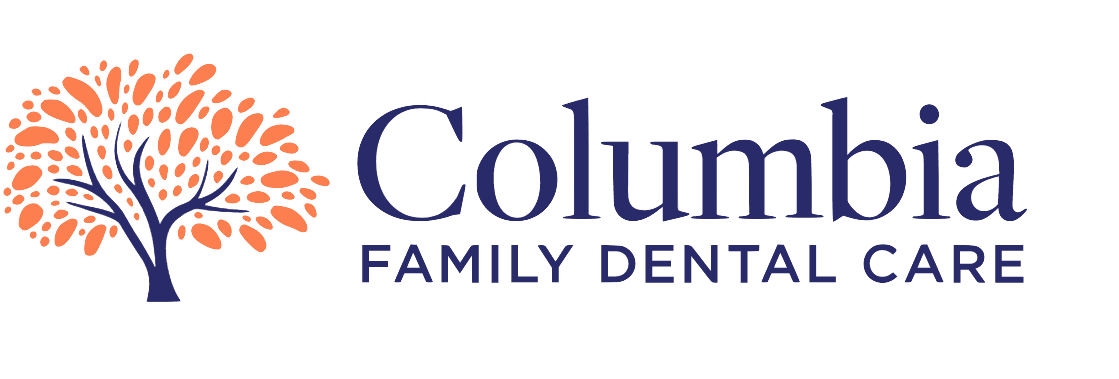Obstructive Sleep Apnea (OSA) is the most common type of sleep apnea that affects millions of Americans. Dr. Sulekha Agrawal treats sleep apnea in her Columbia, MD dental office, although it is not simply just a dental concern.
Obstructive Sleep Apnea occurs when the soft tissues in the airway collapse and obstruct breathing. Patients with sleep apnea may wake up to breathe or snore frequently. While this may seem harmless, sleep apnea can progress into heart and breathing problems.

Sleep Apnea Risk Factors
There are multiple conditions that may make some patients more prone to snoring or sleep apnea than others. Patients who are overweight or are over the age of 50 are at risk of developing OSA. In addition, if sleep apnea is untreated, it could lead to heart problems like heart disease, type 2 diabetes, and strokes.
Sleep apnea causes high blood pressure because it drops the blood oxygen level. OSA needs to be treated in order to prevent heart and health problems from worsening over time.
Signs of Sleep Apnea
Be aware of these common signs of sleep apnea as many patients do not realize that they suffer from this disorder:
- Drowsiness during the day
- Mood swings
- Snoring
- Dry mouth
- Breathing through the mouth
- Constantly waking up during the night
Please contact Dr. Agrawal if you or your partner have noticed these symptoms. It’s better to treat sleep apnea when it is caught early on so symptoms do not worsen over time.
Treat Sleep Apnea in Columbia, MD at Columbia Family Dental Care
A Continuous Positive Airway Pressure (CPAP) machine helps patients with moderate to severe sleep apnea. CPAP machines deliver air through a mask fastened over the nose and mouth.
TAP Custom oral appliances are best for patients who are intolerant of CPAP machines. Similar to a mouthguard, oral appliances are worn at night to open up the airways. To create the oral appliance, we take digital scans of your teeth that are sent to TAP. In a few weeks, when the appliance is complete, we will make any final adjustments to ensure it fits properly.
Do oral appliances really work for sleep apnea?
Oral appliances have been shown to help patients with sleep apnea. They reposition a patient’s jaw so that their lower teeth are pushed forward. This opens up airways allowing patients to breath without blockages throughout the night.
Is it safe to go under anesthesia with sleep apnea?
Going under with anesthesia or sedation can be dangerous for a patient with sleep apnea. Anethstia slows down breathing, and it may have stronger effects on patients with sleep apnea. Patients with sleep apnea may also be slower, and struggle to regain consciousness post sedation.
How many apneas per hour is severe?
Having more than 5 apneas per hour is concerning, and abnormal. Patients with severe sleep apnea may experience more than 30 apneas per hour.
What is the best position to sleep with sleep apnea?
If you struggle with sleep apnea, it is recommended that patients sleep on their side. This opens up airways allowing them to breathe easier. The right side is preferred, because it also helps with blood flow.
Schedule a Sleep Apnea Exam Today
Do you suspect that you or your partner may have sleep apnea? Call (443) 830-3486 or request a consultation on our website.
